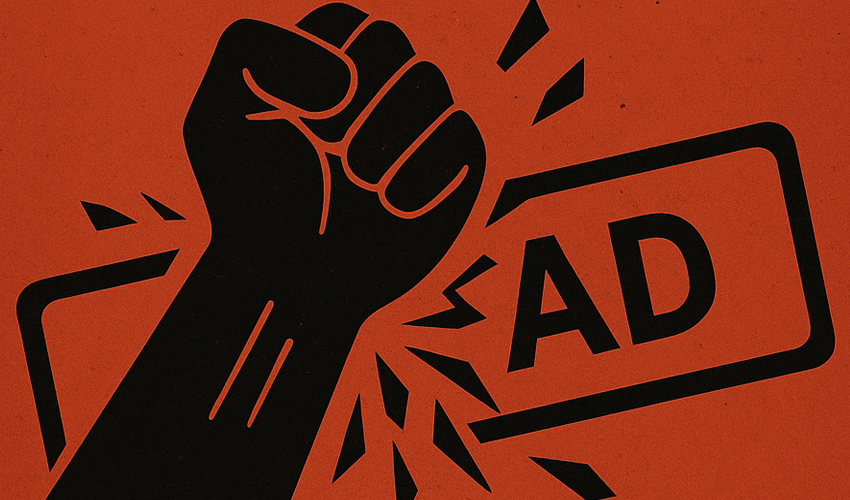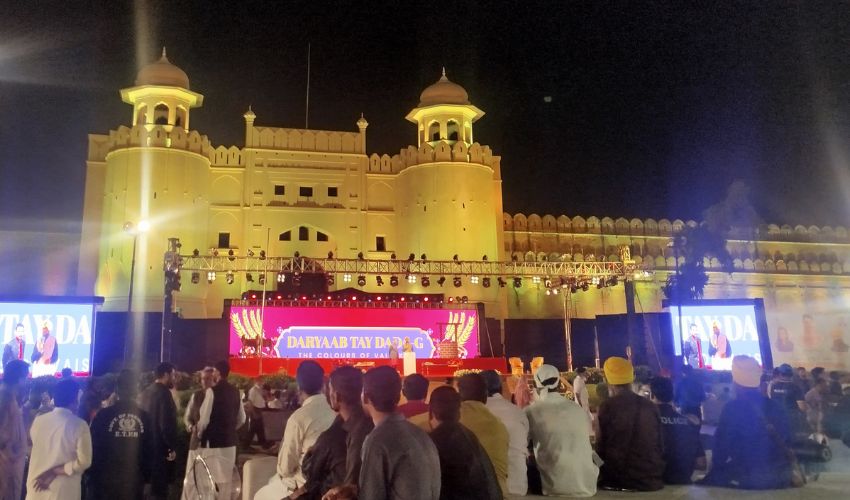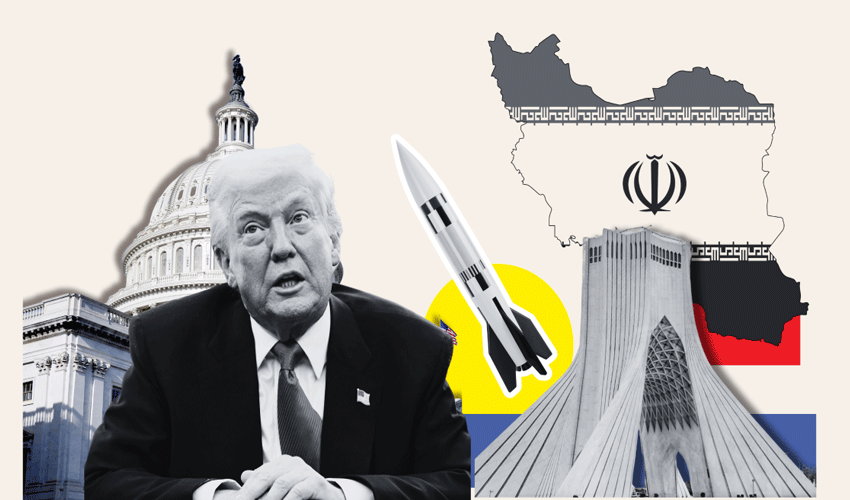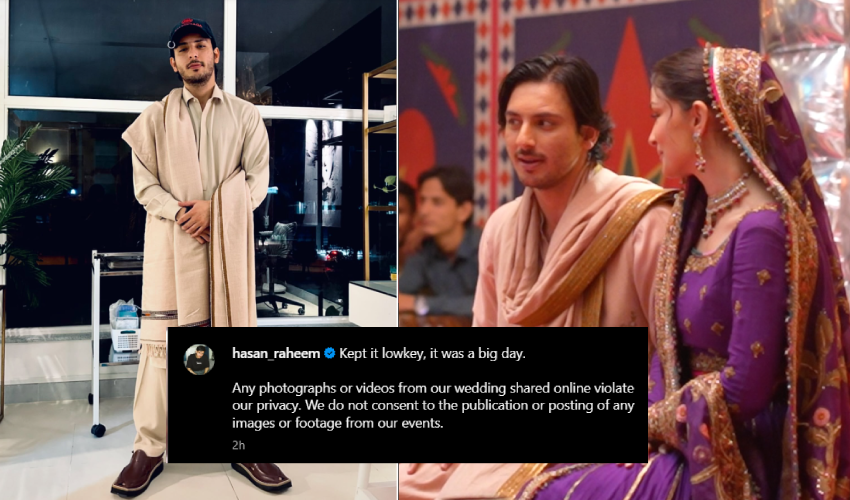You're scrolling on your go-to app late at night. Perhaps watching reels, reading a piece, or simply browsing for memes to get away from the outside world. But here it is—a promotion for something you sort of considered earlier in the day. A course. A device. A holiday.
You never looked for it.
You didn't utter it aloud.
You don't even know where it appeared from.
But it found you.
This didn't occur overnight. In the early years of the internet, advertising was simple — banners on websites, occasional pop-ups, perhaps some sponsored links. But once technology firms understood how much information they could glean from our online activity, everything changed. Suddenly, our routines, habits, emotions, and even our silence were data points.
This week, a historic ruling in the United States made what digital rights activists have been alerting us to for years: Google has been operating an illegal monopoly on online advertising. A federal judge ruled that the tech giant has been unfairly monopolizing the digital ads market, and now the threat of a forced breakup hangs over the company.
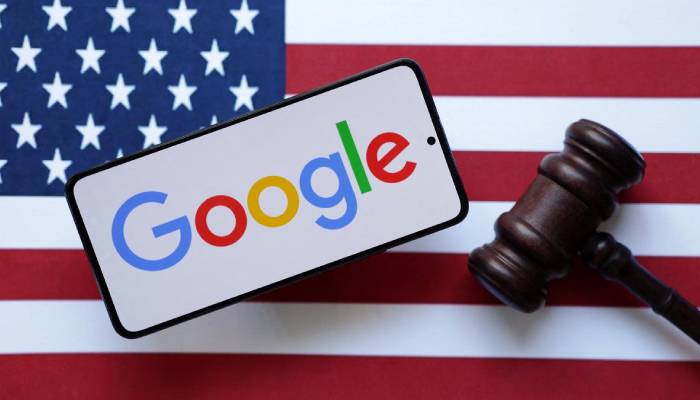
What about Meta, which owns Facebook, Instagram, and WhatsApp? What about Amazon, which quietly monitors your clicks and scrolls and sells the information to advertisers? What about YouTube, which plays you an ad every five minutes and then uses your watching habits to overwhelm you with "relevant" sponsored content?
The outcome? An environment in which ads don't merely break up your feed — they are your feed. And you're not freely making decisions. You're being nudged, curated, and sometimes herded into areas where your sole actual purpose is to consume. It's a fantasy of choice packaged in algorithms that determine what you see, frequently without your knowledge or permission.
We’ve accepted this system as the “price” of free services, but nothing online is truly free. We’re paying with our time, our privacy, and our autonomy. Behind every “suggested post” or “recommended video” is an ad buyer who paid for your attention. You’re not the customer — you’re the product.
Hidden cost for creators and small businesses
While these technology giants become wealthier by the minute, the rest of us — independent publishers, small business operators, startups, creators — are being squeezed. Independent content producers who don't pay to promote are swamped by algorithms. Companies that cannot pay for expensive bids in ad auctions are nowhere to be seen. And whatever new platform braves the attempt to compete with these giants must face off against tech giants who already control the data, the ad tech, and the distribution.
It's not only unjust — it's oppressive. The digital marketplace isn't a free market anymore. It's a fortress, controlled by gatekeepers who decide who gets in and who gets locked out.
And it's time we discussed that.
What many people don't know is that each second spent online — every scroll, every click, every pause, every swipe — is part of a much larger game. And it's a game run by a few multinational tech companies. From social media behemoths Facebook and Instagram to video sites like YouTube and TikTok, and even search engines like Google, these sites are no longer just tools for communication or entertainment. They've evolved into heavily commercialized spaces where the true objective is not to deliver you content — it's to monetize your attention.
These firms monitor your actions, categorize your interests, and feed you a never-ending stream of content that's been customized not only to entertain you, but to target you. Each engagement contributes to a digital dossier that informs advertisers precisely who you are, what you like, what causes you to pause scrolling, and — most importantly — what causes you to spend.
Ad Tech is the new monopoly
This issue is not with a single company or a single nation. It's either Google's dominance in ad auctions, Meta's all-platform data surveillance via Facebook, Instagram, and WhatsApp, or YouTube's monopsony in video advertising — it's the same system in different garments. A virtual monopoly on ad creation, distribution, and consumption.
And when these companies become the auctioneers, the sellers, and the marketplace all at once, competition dies. Imagine a world where every newspaper, billboard, and TV channel was owned by the same company. That’s the internet today. A few giants have seized every layer of the ad economy — from collection to pricing to display — and they dictate the terms.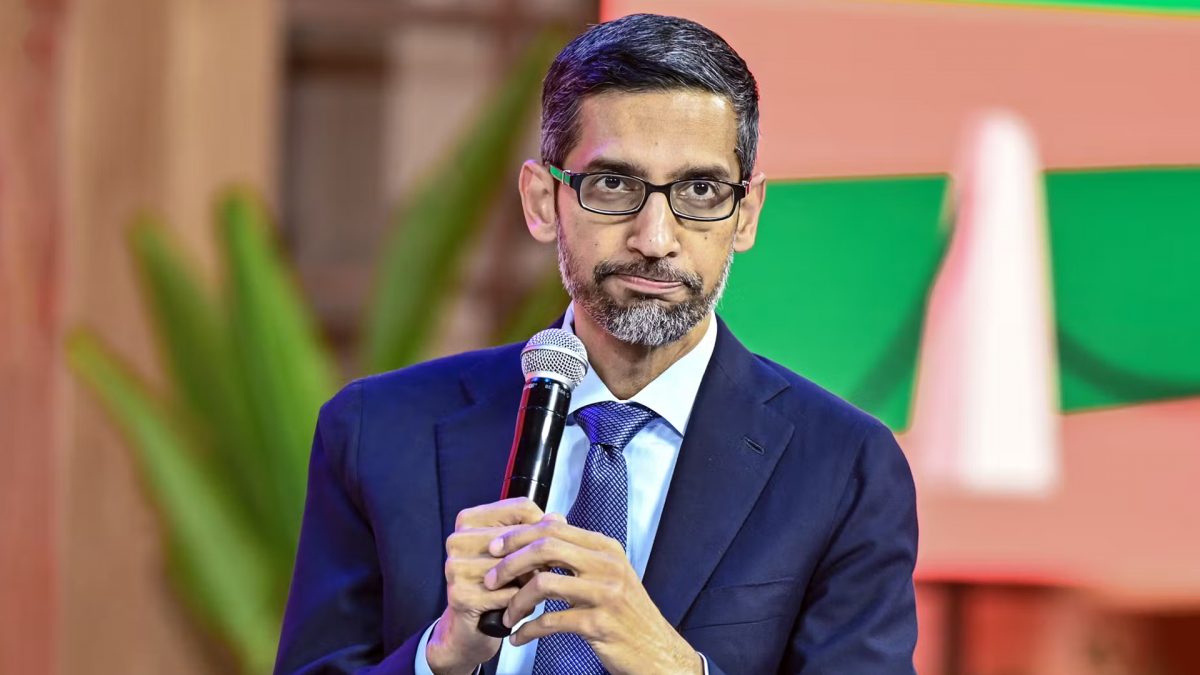)
Fortunately, the world is finally waking up. Over the past few years, several lawsuits and investigations have been initiated around the world. In the United States, courts have begun to rule against the stranglehold of companies such as Google. In Europe, regulators are clamping down on unbalanced data practices. Even in India and Australia, governments now expect more equitable terms for domestic news publishers and advertisers.
But change through the legal system is glacial. And Big Tech is rich and well-lobbied. Disrupting ad monopolies will only be difficult — but it must be done. Not only for economic justice, but for the integrity of digital democracy. We can't allow five or six CEOs control what 5 billion humans view on their screens every day.
But what can be done?
So what's the fix? For one, we require a level playing field. No platform can own both the ad server and ad exchange. Transparency in ad serving and pricing needs to be required. Cross-platform data tracking has to be contained. Independent content creators and platforms need to be safeguarded and encouraged.
Above all, users must be vigilant. We must know how our information is being used, and how our feeds are being curated not by truth or importance — but by what makes money. Ad blockers assist, but awareness assists further. If we do not take back control of our online spaces, they will be entirely owned by profit-driven algorithms, not human beings.
If the internet was supposed to be a space of infinite possibilities, then why does it feel like we’re all trapped inside the same digital mall, seeing the same ads, fed the same content? The dream of an open, diverse, creative internet is still alive — but it’s on life support. And if we don't take action now, we'll threaten to turn our greatest invention into just another soulless shopping mall owned by a handful of anonymous landlords.
The battle against ad monopolies isn't one of dollars and cents — it's about freedom, diversity, fairness, and the ability to learn about things on our own terms. We owe the next generation a better web — one where creativity is rewarded, not stifled; where competition flourishes; and where ads don't haunt you like a specter of your mind.





